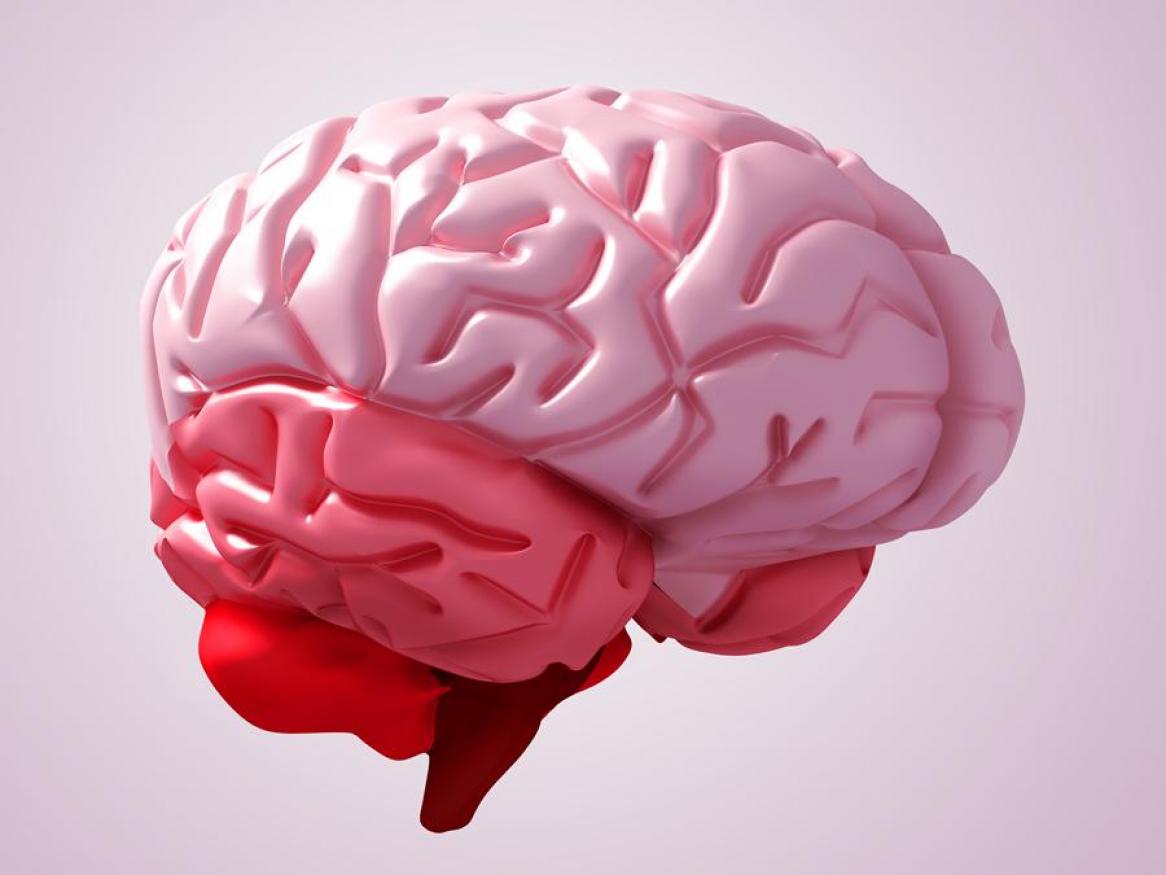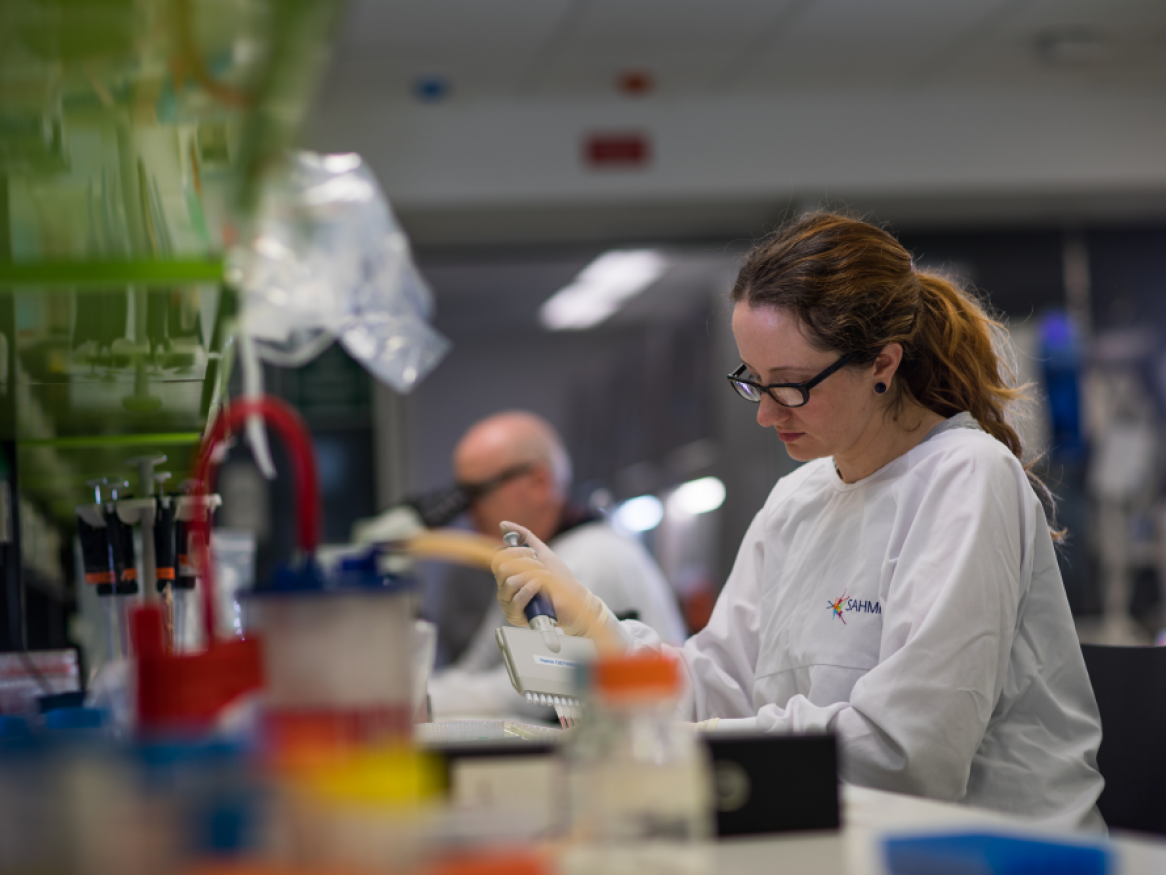Translational Neuropathology Laboratory
Our aim is to reduce disability and improve clinical outcomes for acute brain injuries such as stroke, concussion and traumatic brain injury.
The Translational Neuropathology Laboratory aims to improve the translation of novel treatments from laboratory studies into the clinic, through the use of appropriate pre-clinical models. Our focus is on brain injuries and the subsequent blood-brain barrier breakdown and development of cerebral oedema and neuronal injury.
Our current research areas are in:
- Neurodegeneration: We want to understand the cognitive decline in the brain in neurodegenerative disease, as well as the role of inflammation in this process.
- Neurotrauma and neurodegeneration: We are investigating the link between traumatic brain injury and the later development of dementia, with a particular focus on the role of the immune system.
- Spinal cord injury: We are investigating the acute secondary injury processes that occur following traumatic spinal cord injury, with particular interest in inflammation, oedema and intrathecal pressure. Our interest is in how these processes may be manipulated to reduce injury and improve functional outcomes. We are also passionate about translational research—particularly with the use of clinically relevant animal models, both large and small.
- Stroke: We are developing and using clinically relevant pre-clinical models of stroke to develop new treatments to target life-threatening complications (e.g. cerebral oedema and intracranial pressure) in order to improve patient survival and outcome.
Interested in a postgraduate research degree?
We offer exciting opportunities for researchers at the honours, masters and PhD levels. Our research degrees are open to students from a broad range of backgrounds, and range from basic sciences to clinical research. If you are interested in human health, consider furthering your research career with us.




